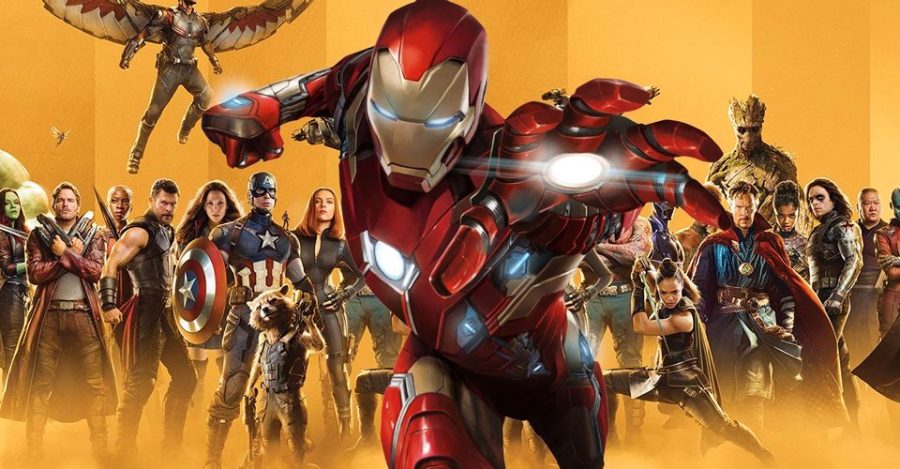Marvel Could Partly Lose Many MCU Characters Due to Copyright Legal Battle
September 29, 2021
Some of the rights to Spider-Man, Dr. Strange, Thor, and more could fall out of Marvel’s hands in the years to come.
The news stems from an original lawsuit against Disney filed by Larry Lieber, the brother of the late Stan Lee. Lieber was one of the creators who made Iron Man, Ant-Man, and Thor a reality for comic book fans. Now, Lieber wants his rights back.
His case rests on the Copyright Revision Act of 1976, which returns rights to an original creator after 60 years following creation. Many other Marvel creators have joined Lieber in the quest to regain rights, perhaps most notably Steve Ditko’s estate, which may be able to take back Spider-Man and Dr. Strange. In Ditko’s case precisely, Marvel’s clock is ticking down to June 2023.
This spells trouble for Marvel as their massive cinematic universe hinges on so many of these characters. Spider-Man and Dr. Strange specifically are supposed to play a significant role in the upcoming film, “Spider-Man: No Way Home.” All of MCU’s well-known characters have value in the billions.
However, just how bad is this for Marvel and Disney? Perhaps most importantly, in the worst-case scenario, Disney does not lose everything. They will instead maintain a portion of the rights and share the profits. It is also worth noting that these laws would not apply internationally, giving Disney a continued reign in foreign markets.
An additional factor, in this case, is how the lawyers may stack up against each other. The creators and their estates will all be represented by Marc Toberoff. He has a history of representing the estates of Jack Kirby and the creators of Superman outside of Marvel. In both instances, the legal victory went to the corporations and not the creators’ estates.
Disney’s lawyer is Dan Petrocelli, who beat Toberoff on DC’s behalf in the case for Superman. Compared to Jack Kirby’s case, Marvel’s lawsuit says the current legal battle is a case of “virtually identical circumstances.”










